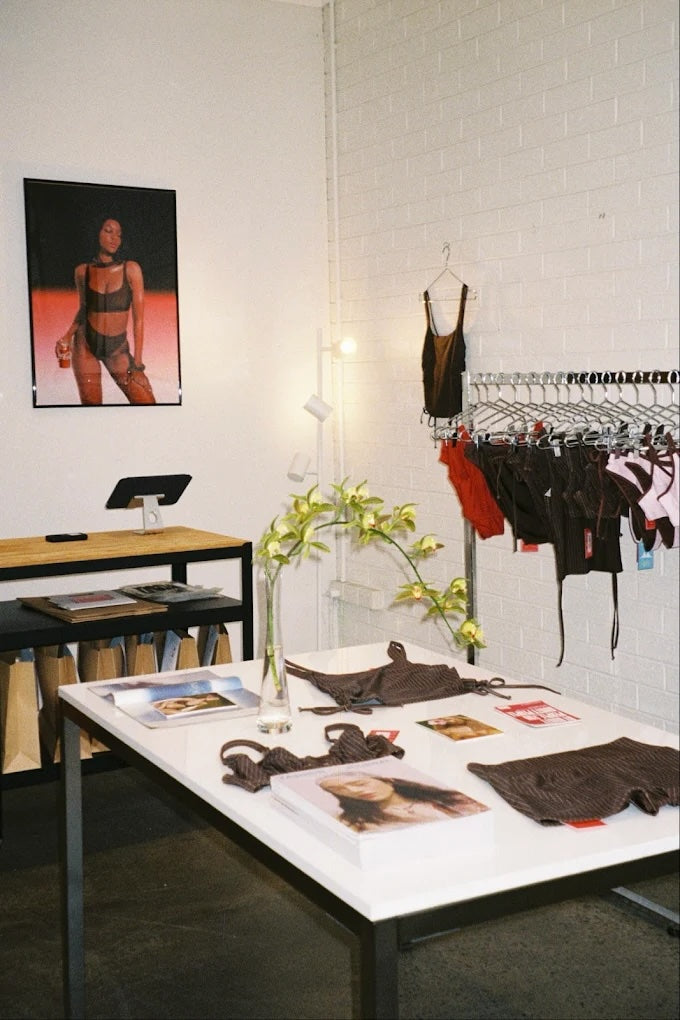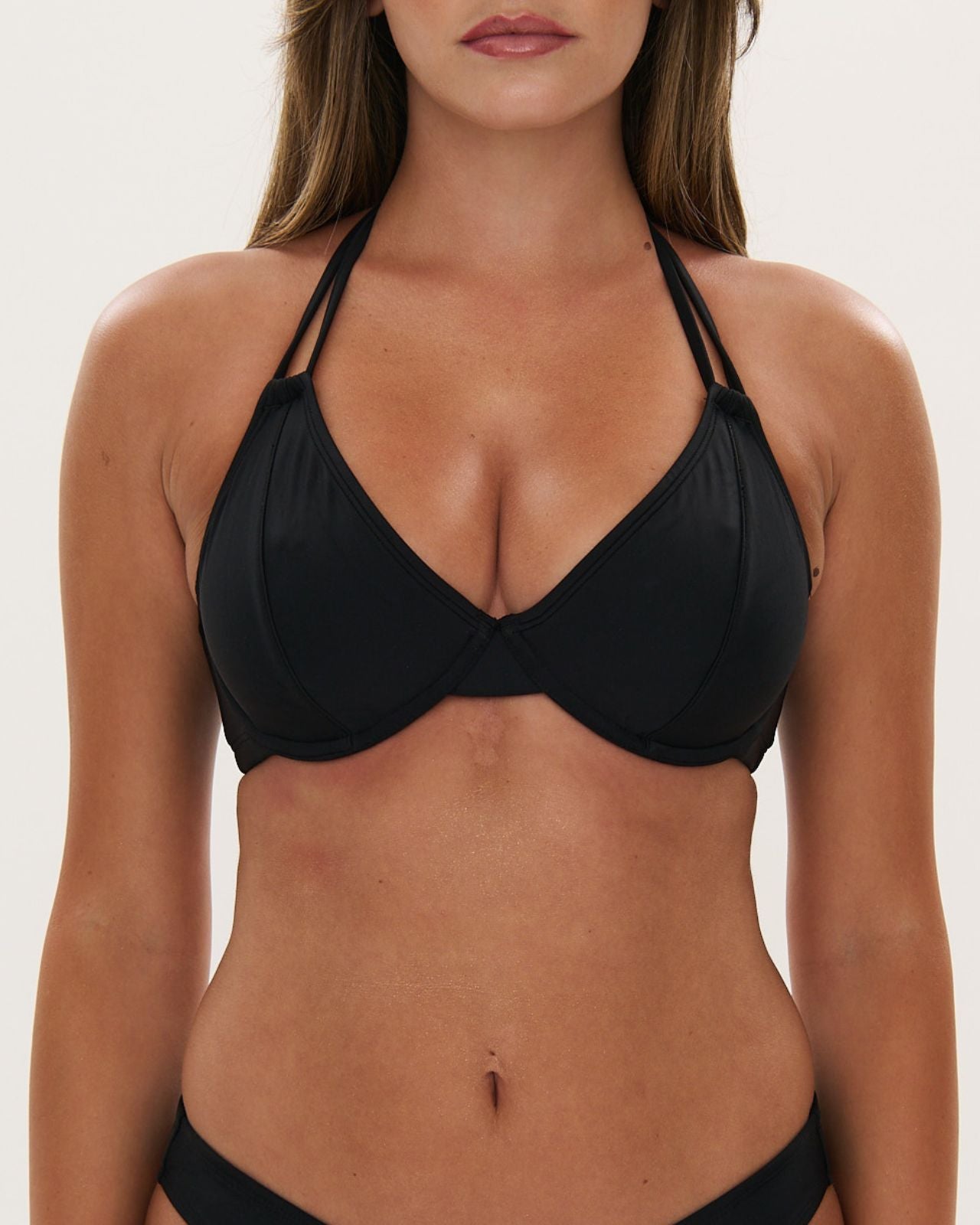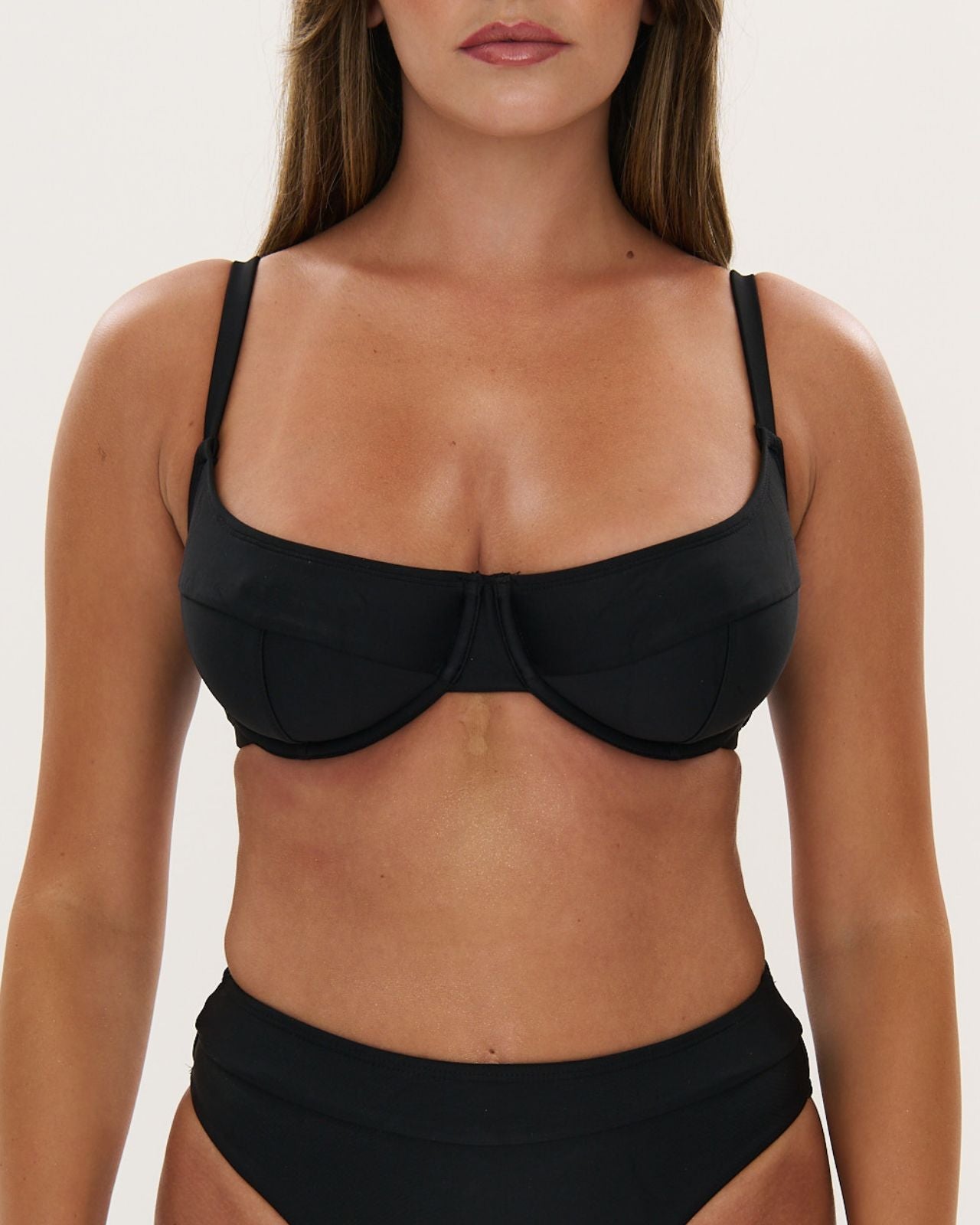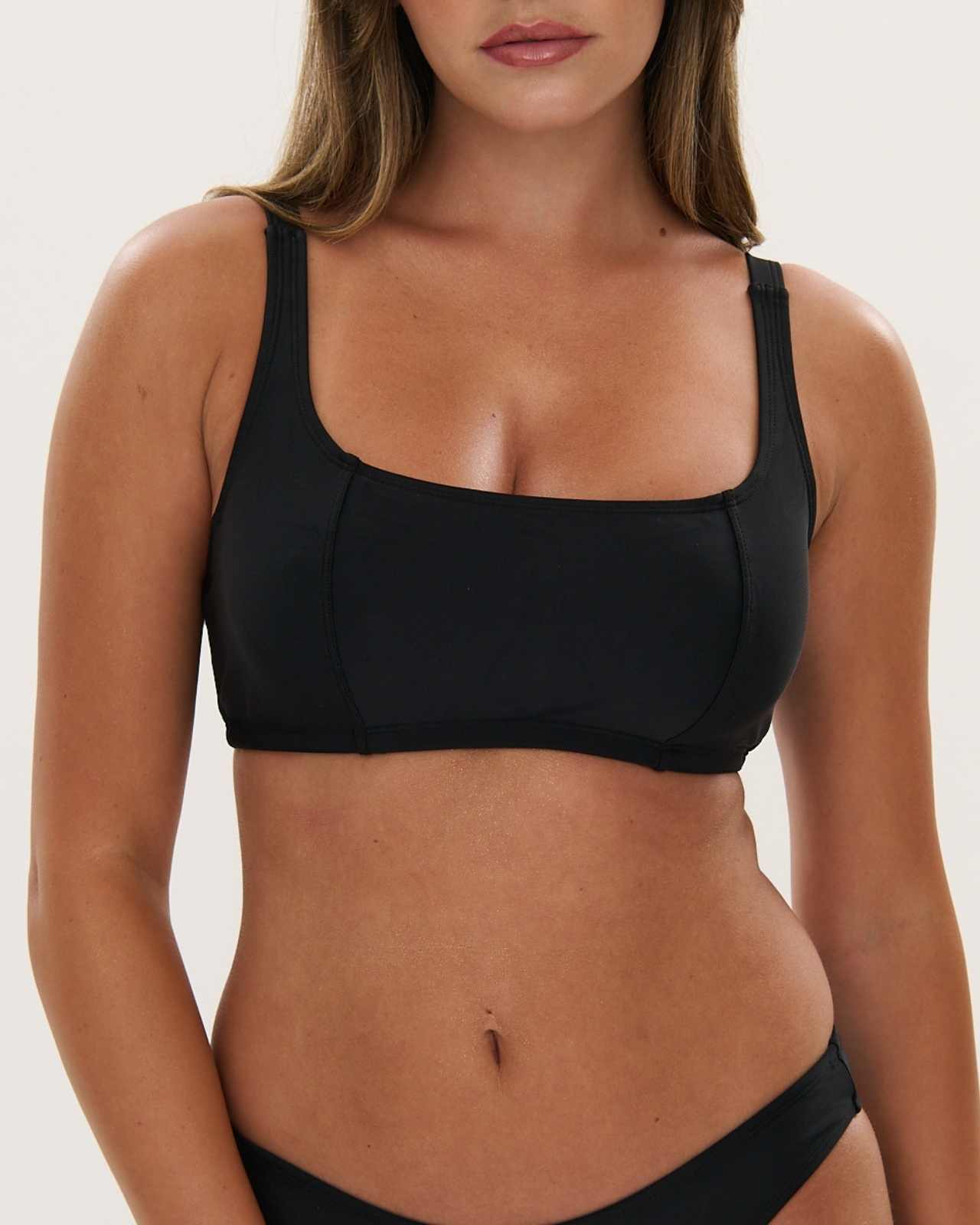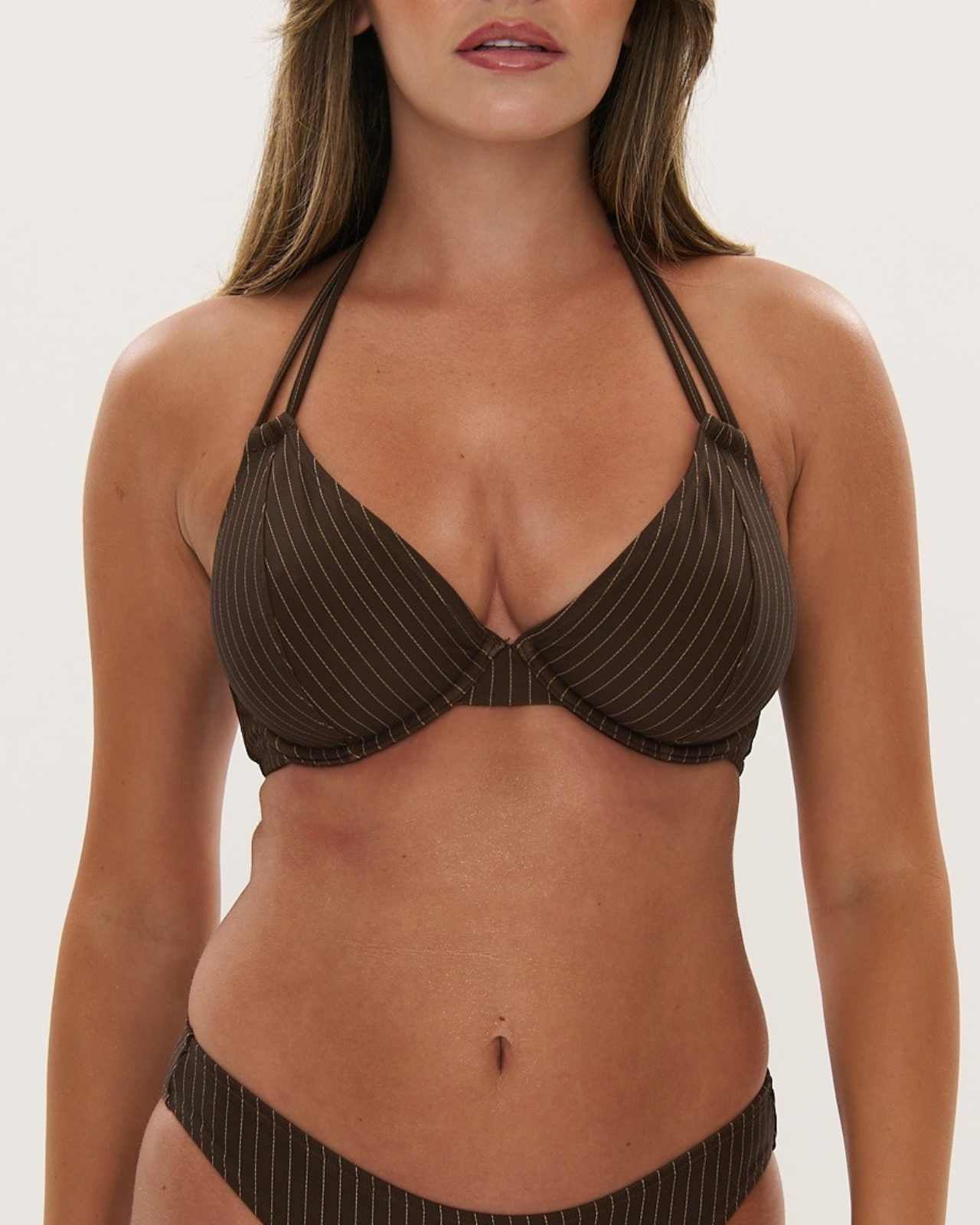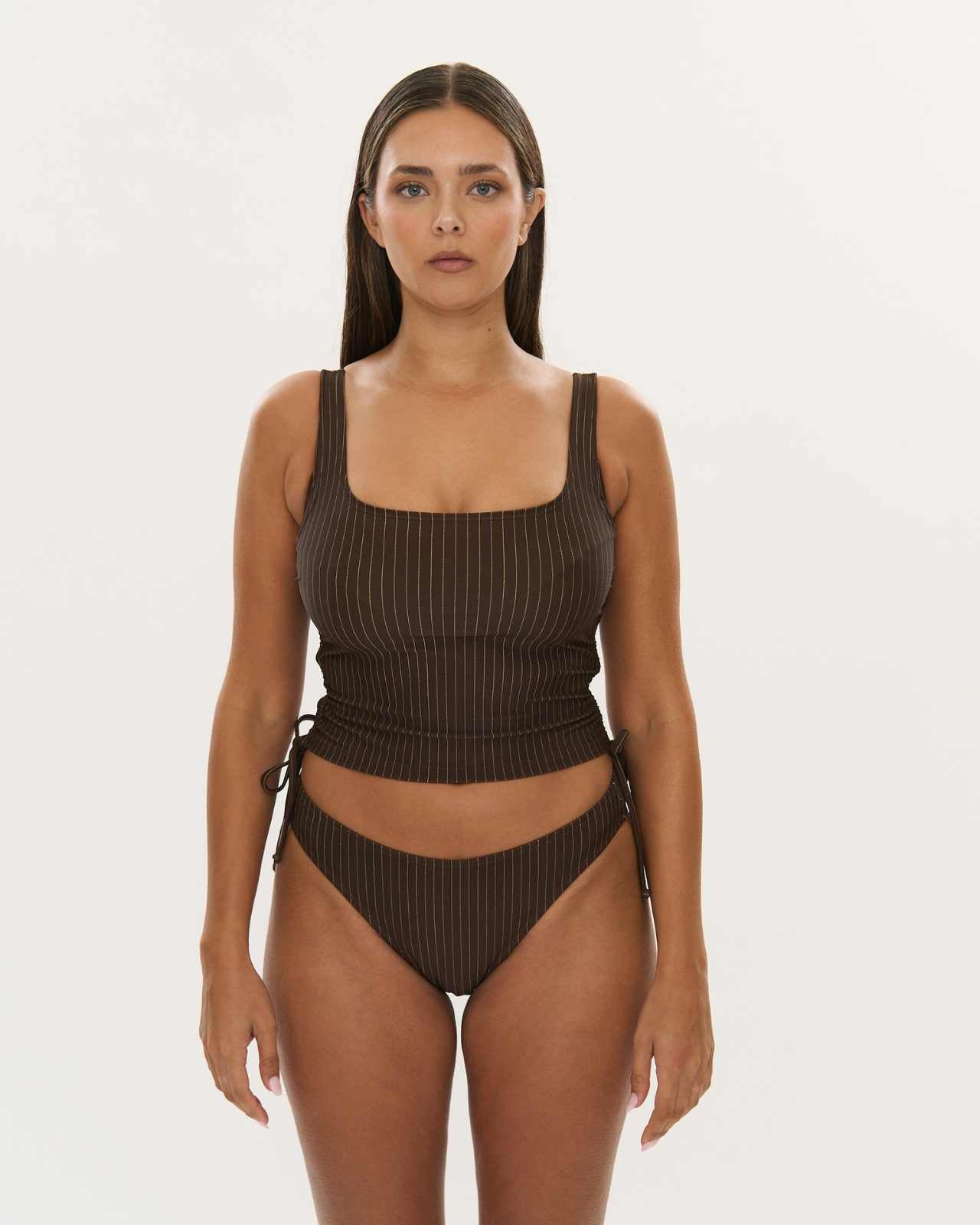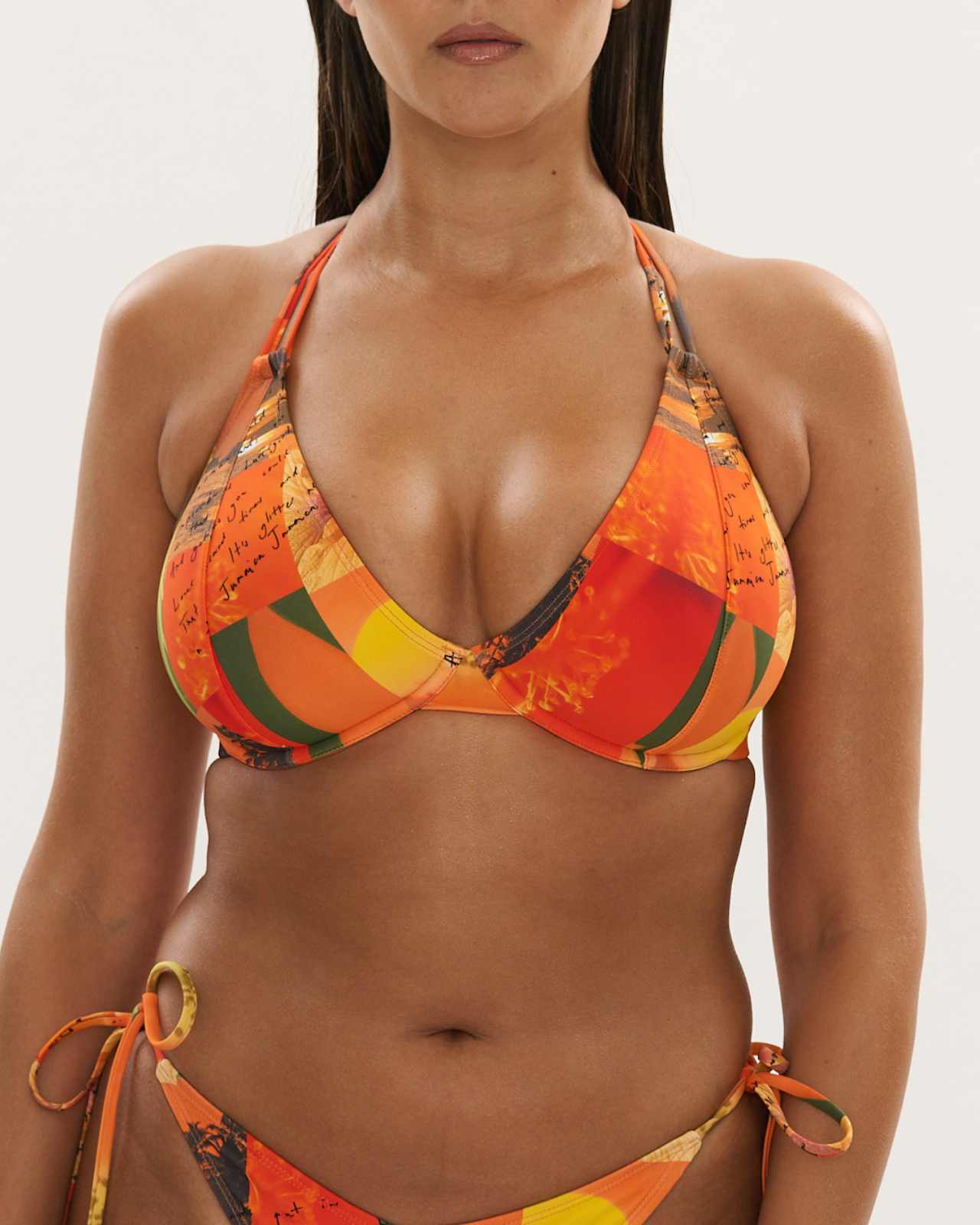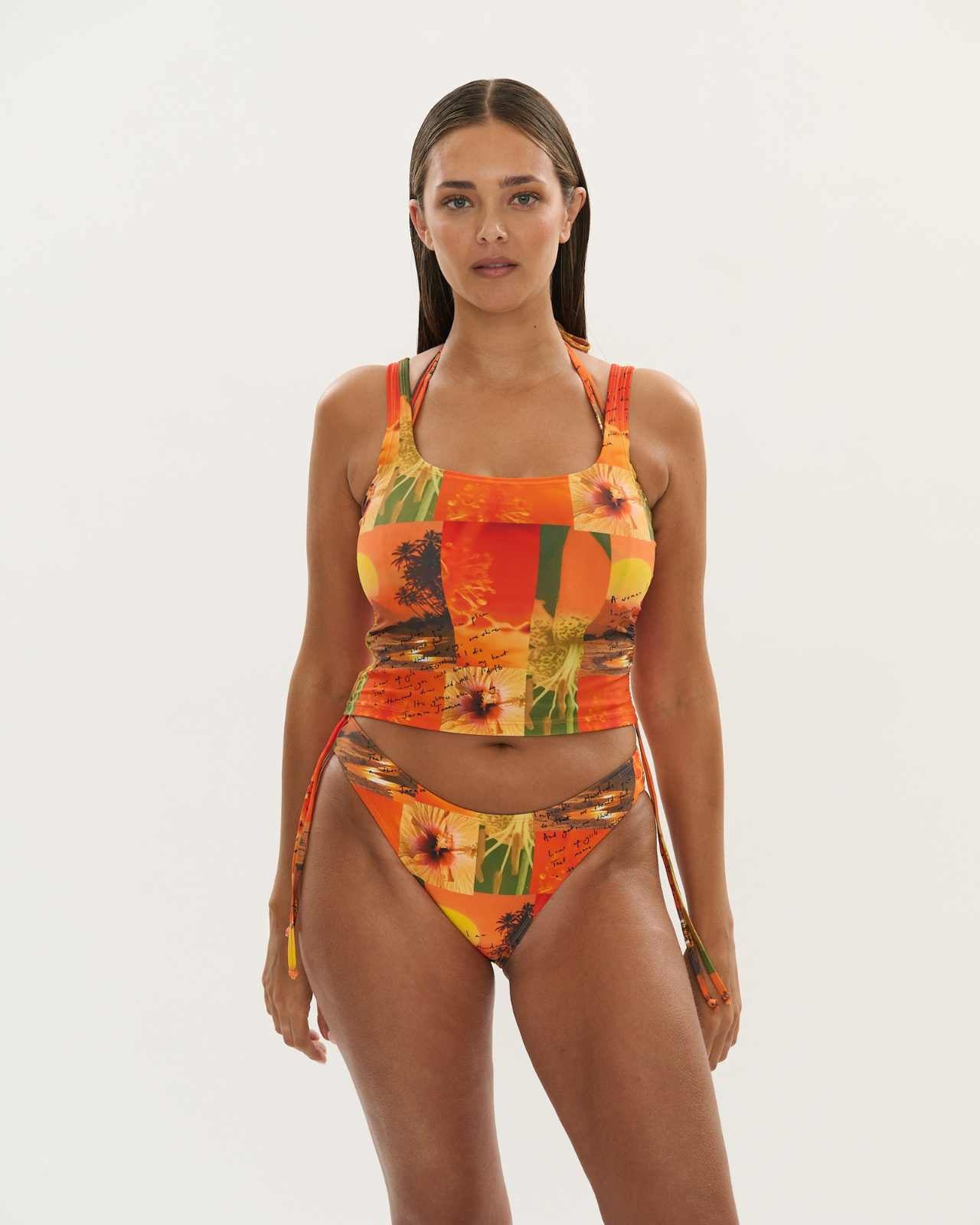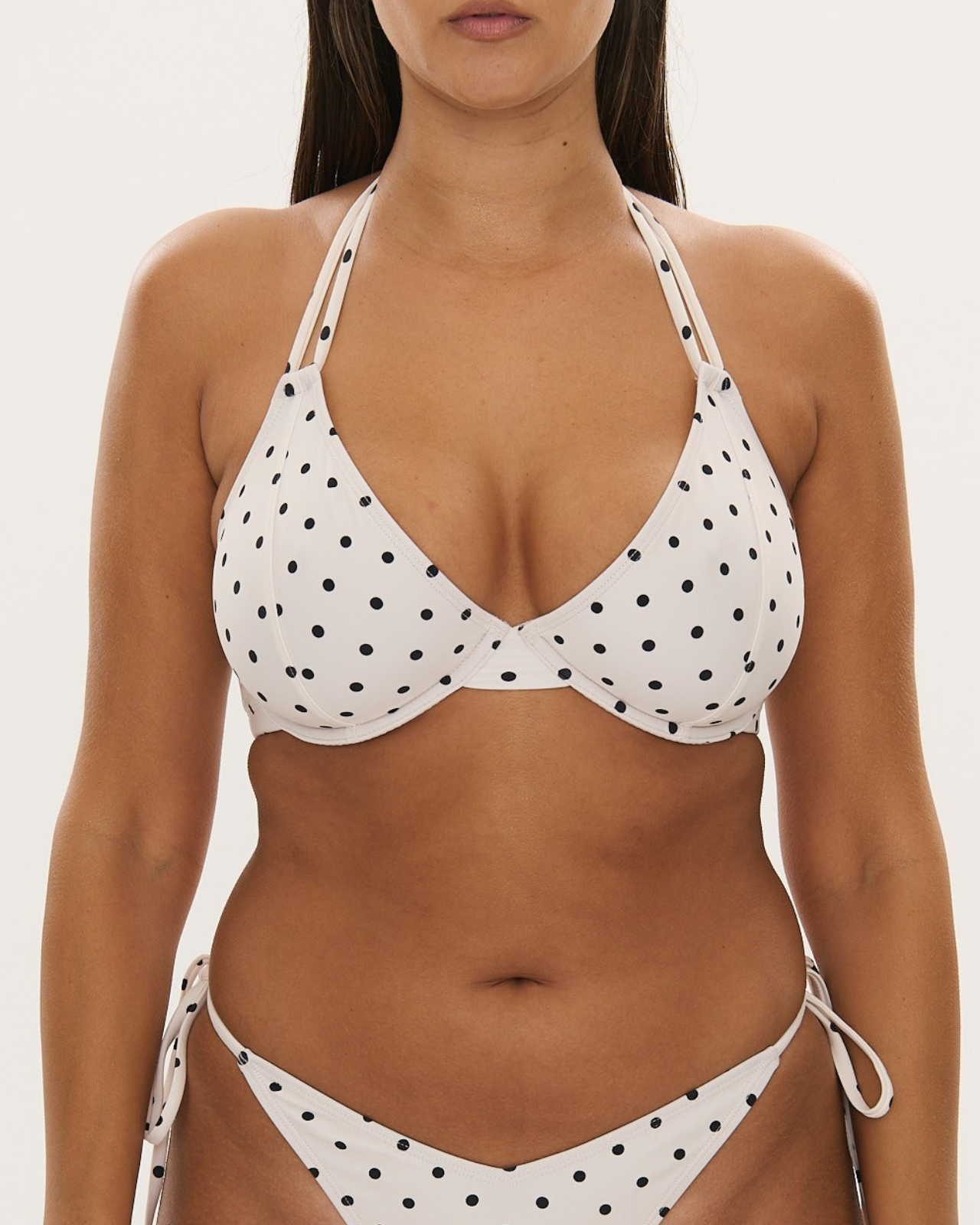Sustainability & Transparency
Our Philosophy
At RAQ, our passion is to design swimwear that provides comfort and confidence to people with larger busts.
We understand the transformative power of fashion, but we also acknowledge the drawbacks associated with creating new products. We don't believe this process can ever truly be "sustainable", but we're committed to reducing our footprint as much as we can. This includes regularly scrutinising our supply chain and seeking ways to minimise our ecological footprint, while enhancing conditions for the people involved.
We always strive to ensure that all the claims we make are accurate. We don't simply accept certifications at face value; we ask questions and never make assumptions. We recognise our limitations and are devoted to continuous growth and learning.
Our Process

Design
Designed with love by a small team of busty people in Melbourne, Australia, always with the input of our RAQ Pack. Some of our best-selling styles were inspired by customer suggestions!
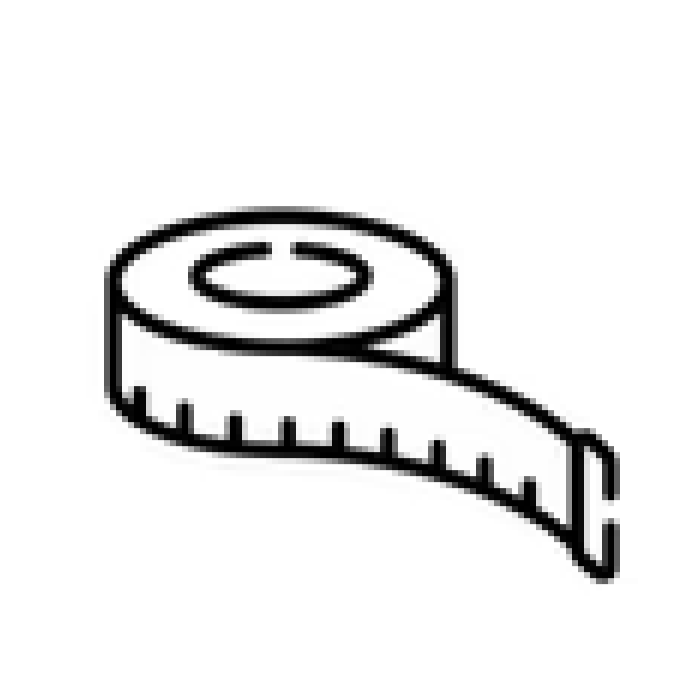
Development
Our bikini tops are made with the same technical expertise as bras. We work closely with one supplier for patterns, size grading and testing.
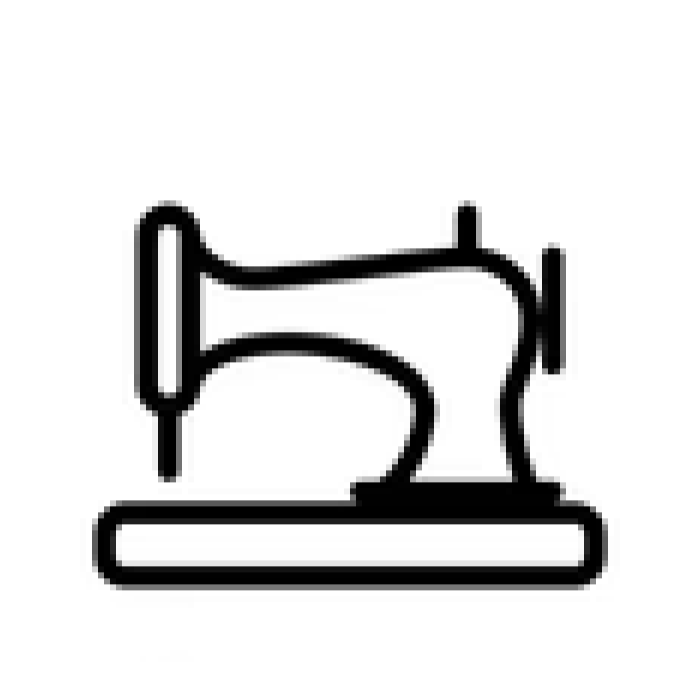
Production
Once our samples are approved, it's time to produce our range on a bigger scale. In saying this, our preference is quality over quantity, so each range is produced in limited numbers.
Sustainability Initiatives
We're dedicated to lessening our environmental footprint through a wide range of sustainability initiatives, while continuously striving to innovate and improve.
Sustainability Initiatives

Recycled fabrics
The main fabric used for all RAQ swimwear is spun using recycled polyamide and is certified by Global Recycle Standard.
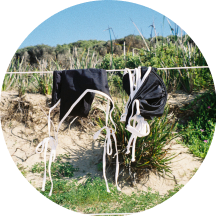
No harmful chemicals
All fabrics, trims and metal components in RAQ swimwear are produced without the use of harmful chemicals. This is ensured at each stage of production through OKEO-TEX Standard 100 requirements.

Recycled mailers
All orders are packaged in 100% recycled poly mailers from Grounded Packaging. These mailers are made up of 70% post consumer and 30% post industrial recycled LDPE (low density polyethylene), and are recyclable themselves.

Compostable poly bags
Our garment bags from Grounded Packaging are made from renewable bioplastic film and printed with non-toxic inks. They easily break down into healthy compost leaving no micro plastics behind!
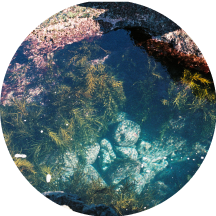
Carbon offsetting
We've partnered with Eco-Cart, allowing you the option to carbon offset your order at checkout. These funds are directed towards certified carbon offset projects, such as planting trees, wind or solar farms, and other renewable energy projects.

Minimising waste
We minimise waste and landfill by partnering with UPPAREL, a textile recovery and recycling organisation. Upparel repurposes our faulty garments and dead stock into new products, such as cushions, socks, and construction materials like insulation.
Our Supply Chain
"There’s no sustainability without transparency" – The Transparency Pledge
At RAQ we strive to be as transparent as possible on how our products are made.
We support the Apparel and Footwear Supply Chain Transparency Pledge by having a full list of all our suppliers below.
Our commitment to transparency not only ensures ethical practices but also empowers our customers to make informed decisions about the products they choose to support.
Further information can be provided upon request.
| Supplier tier | Speciality | Scope of production | Location | Certifications | |
| Supplier 1 | Tier 1 | Swimwear Manufacturing | Full Production: From initial consultation, pattern making, sourcing fabrics and trims, making samples, through to garment completion. | Guangdong, China | Sedex, BSCI |
| Supplier 2 | Tier 2 | Accessories Supplier | Makes metal and plastic trims for garments. | Dongguan, China | OEKO-TEX |
| Supplier 3 | Tier 2 | Fabric and Lining Supplier | Responsible for dyeing, knitting, and printing the fabric. | Huizhou, China | OEKO-TEX, GRS |
| Supplier 4 | Tier 3 | Yarn supplier | Sources recycled polyester yarn and knits the fabric for supplier 3. | Jiangsu, China | GRS |
| Supplier 5 | Tier 2 | Swing tag supplier | Manufactures tags from 100% recycled content. | Guangdong, China | FSC Recycled |
Contact Us
If you can't find the information you're looking for or have any questions, please get in touch.








